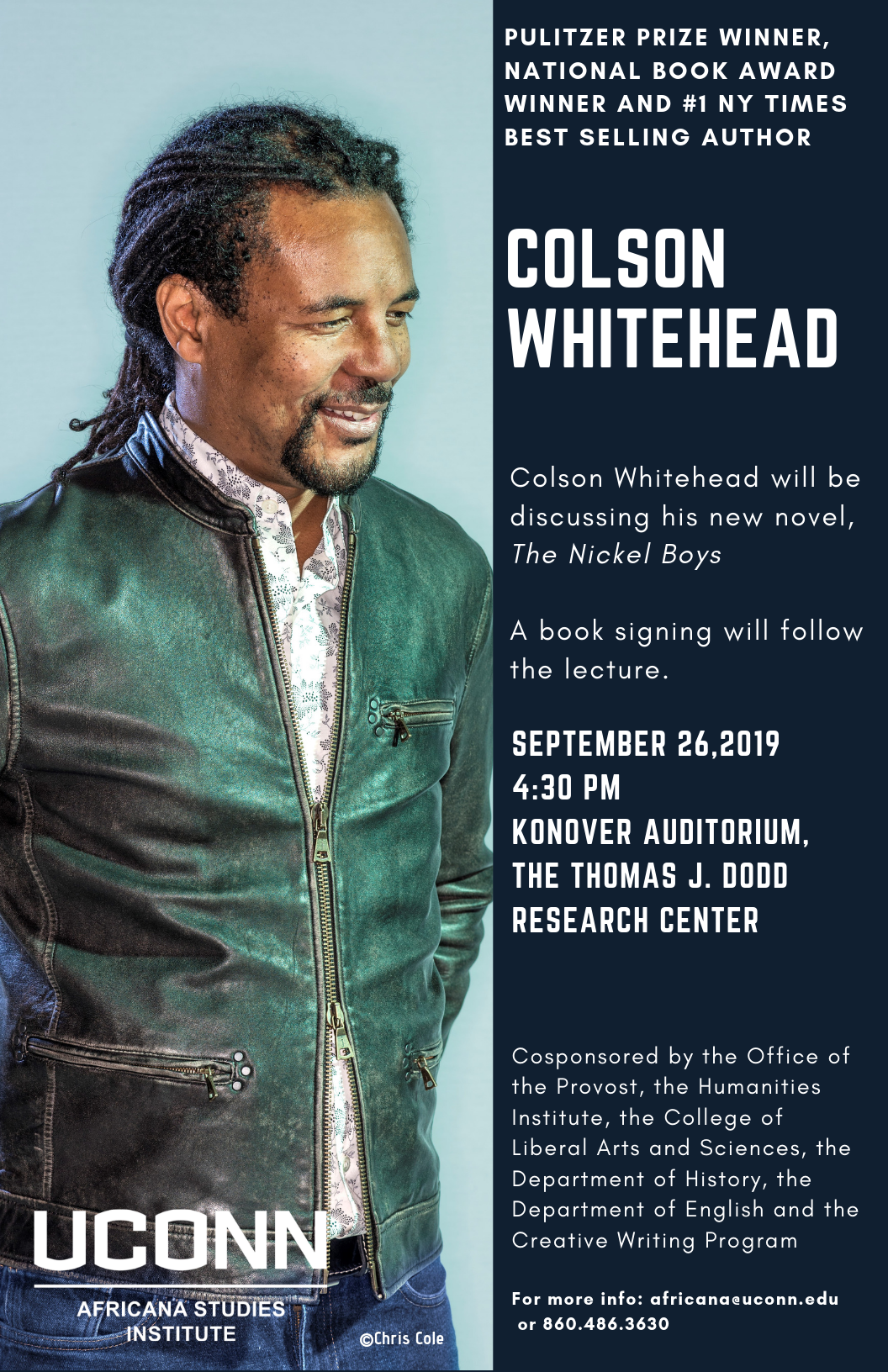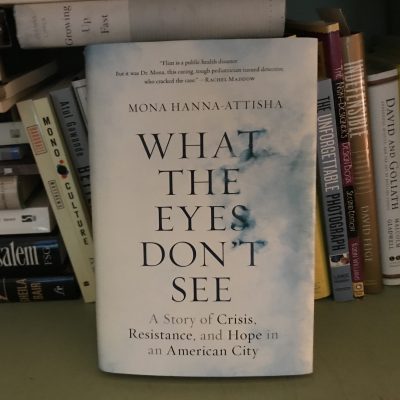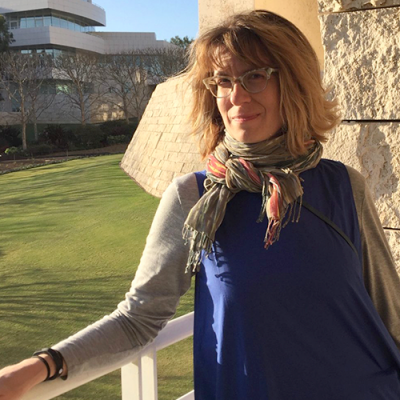The John Templeton Foundation has awarded $5.75 million to the UConn Humanities Institute for research on balancing humility and conviction in public life.
The grant is the largest for the humanities ever awarded to UConn, and is one of the largest humanities-based research grants ever awarded in the United States.
Michael P. Lynch, the project’s principal investigator, says examining the role that traits such as humility and open-mindedness can play in meaningful public discourse could promote healthier and more constructive discussion about various divisive issues in religion, science, and politics.
“As this presidential campaign is constantly reminding us, real political dialogue — and any sense of intellectual humility — seems to have gone missing in American politics. But we can’t just blame that on politicians or those on the other side of the aisle; we need to look at what it is about culture, psychology, and the human condition that has led us to this point,” says Lynch, a professor of philosophy and director of the Humanities Institute. “We want to know the underlying causes of our dramatic breakdown in open dialogue and how to fix it.”
Lynch says the grant will provide an unprecedented integration of research from the humanities and sciences, as well as extending and applying research developed by previous projects on intellectual humility and related concepts funded by Templeton.
We want to know the underlying causes of our dramatic breakdown in open dialogue and how to fix it.
“There has been significant work done in recent years on the role that bias and dogma play in how we evaluate each other. And there are lots of people working to bring meaningful dialogue to communities,” he adds. “But rarely do these two groups meet. This project brings together our most creative and visionary thinkers with democracy practitioners to look at the real problems people face when talking to those with different religious and political worldviews other than their own.”
The grant will allow the Humanities Institute, which is part of the College of Liberal Arts and Sciences, to sponsor three high-profile public forums; summer institutes for high school teachers on how to incorporate intellectual humility into their classes; an online course on project themes; and a series of awareness-raising media initiatives. The co-principal investigator for the project is Brendan Kane, an associate professor of history and associate director of the Humanities Institute.
The project’s research activities include a visiting fellowship program hosting leaders from the academic, media, and non-profit sectors; an international research funding competition targeting interdisciplinary teams of researchers pursuing project themes; four research workshops hosted at UConn; and a collaboration with UConn’s Mellon Foundation-funded “Scholarly Communications Design Studio” for the presentation of project research in new interactive modalities.
The Humanities Institute has a history of sponsoring both public engagement and interdisciplinary research, and will bring together specialized resources for research in the social sciences and humanities for the purpose of elevating the tone and outcomes of public discourse in American society.


 This terrific
This terrific  Who is Juli Wade? In December 2018, Juli Wade was named the new Dean of the College of Liberal Arts and Sciences at the University of Connecticut. Prior to this, Professor Wade was the Associate Provost at Michigan State University, where she had joined the psychology department in 1995. She received her Bachelors’ degree
Who is Juli Wade? In December 2018, Juli Wade was named the new Dean of the College of Liberal Arts and Sciences at the University of Connecticut. Prior to this, Professor Wade was the Associate Provost at Michigan State University, where she had joined the psychology department in 1995. She received her Bachelors’ degree  Alexis L. Boylan, Associate Professor, (Art & Art History and Women’s, Gender, & Sexuality Studies).
Alexis L. Boylan, Associate Professor, (Art & Art History and Women’s, Gender, & Sexuality Studies).
